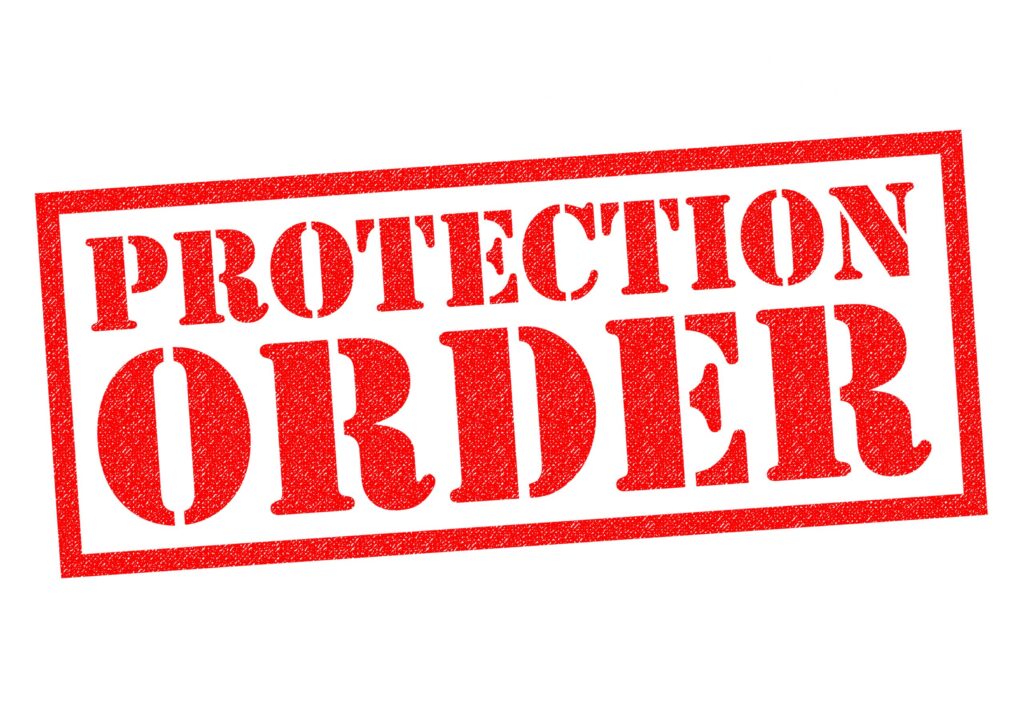
When families go through separation or conflict, issues involving child custody, abuse, and legal protections can become complex and emotionally charged. Understanding how these elements interact is crucial for ensuring the safety and best interests of children and victims of abuse. This article explores the relationship between child custody, abuse allegations, and Protection From Abuse (PFA) orders, shedding light on how the legal system navigates these sensitive matters.
The Role of Abuse in Custody Cases
When abuse is present—or even alleged—in a family, it has a significant impact on custody decisions. Abuse can be:
- Physical (hitting, slapping, choking)
- Emotional (manipulation, threats, verbal degradation)
- Sexual (inappropriate contact or exploitation)
- Neglect (failing to provide basic needs)
Courts take allegations of abuse very seriously. If a parent is found to be abusive, the court may restrict or deny that parent custody or visitation rights. Supervised visitation may be ordered, or in severe cases, contact may be completely cut off.
What Is a Protection From Abuse (PFA) Order?
A PFA is a civil order that provides legal protection to victims of domestic abuse. Often referred to as a restraining order, a PFA can:
- Prohibit the abuser from contacting or approaching the victim and/or children
- Remove the abuser from a shared residence
- Grant temporary custody of children to the victim
- Require the abuser to surrender firearms
PFAs are commonly used in domestic violence situations and can be critical for ensuring immediate safety.
Is a Protection from Abuse (PFA) Order Applicable to Everyone?
No, PFAs are not applicable to everyone. In Pennsylvania (and in many states with similar laws), Protection from Abuse (PFA) Orders are only available in cases involving specific types of relationships and abuse.
To be eligible to request a PFA, the person seeking protection (the plaintiff) must have a certain kind of relationship with the alleged abuser (the defendant), and the abuse must fall under qualifying criteria.

Who Can File for a PFA?
You can file for a PFA if you are experiencing abuse from someone with whom you have one of the following relationships:
- A current or former spouse
- Someone you live with or used to live with (as part of a household)
- A current or former intimate or sexual partner
- Someone you share biological children with
- A family member by blood or marriage (like a parent, child, or sibling)
This means PFAs are not available for situations involving:
- Neighbors
- Roommates with no intimate or family relationship
- Co-workers or strangers
- Casual acquaintances
However, abuse or harassment from people in those categories might fall under other legal remedies, such as Protection from Sexual Violence or Intimidation (PSVI) Orders, civil harassment restraining orders, or criminal charges.
How PFAs and Custody Interact
A PFA can significantly influence a custody arrangement, especially in cases involving domestic violence. Here’s how they intersect:
- Temporary Custody Provisions
A PFA may include temporary custody decisions, especially if the court believes the child is at risk. This can override a previous custody order temporarily. - Evidence in Custody Proceedings
The existence of a PFA and the behavior that led to it can be used as evidence in a family court to support claims of abuse. This can impact long-term custody outcomes. - Emergency Action
If a child is in immediate danger, a PFA can be a fast-acting legal tool to remove them from harm and place them with the non-abusive parent or a guardian.
Balancing Protection and Parental Rights
Courts are tasked with balancing two key priorities:
- Protecting children and abuse victims from harm
- Preserving parental rights and family relationships whenever safe and possible
This is why thorough investigations, hearings, and sometimes the involvement of child protective services or guardians ad litem are part of the process. The child’s safety is always the top concern, but fairness and evidence-based decisions are also critical.
When to Seek Legal Help
If you or your child are experiencing abuse, it’s important to seek legal help immediately. An attorney can assist with:
- Filing for a PFA
- Modifying custody orders
- Presenting evidence in court
- Navigating hearings and court procedures
You do not have to face these challenges alone—legal protections exist to help safeguard you and your children.
Final Thoughts
Child custody, abuse, and PFAs are deeply interconnected. Abuse not only endangers individuals but also has profound legal consequences, especially when children are involved. Understanding your rights and the protections available is the first step in ensuring the well-being of your family.
If you’re in an unsafe situation, reach out to a trusted attorney or local domestic violence support organization immediately. Help is available, and legal tools like PFAs exist to protect and empower you. Here at the Law Offices of Michael Kuldiner, we are here to help.







